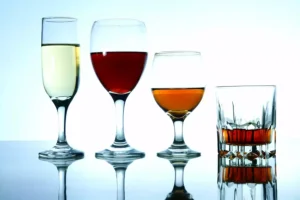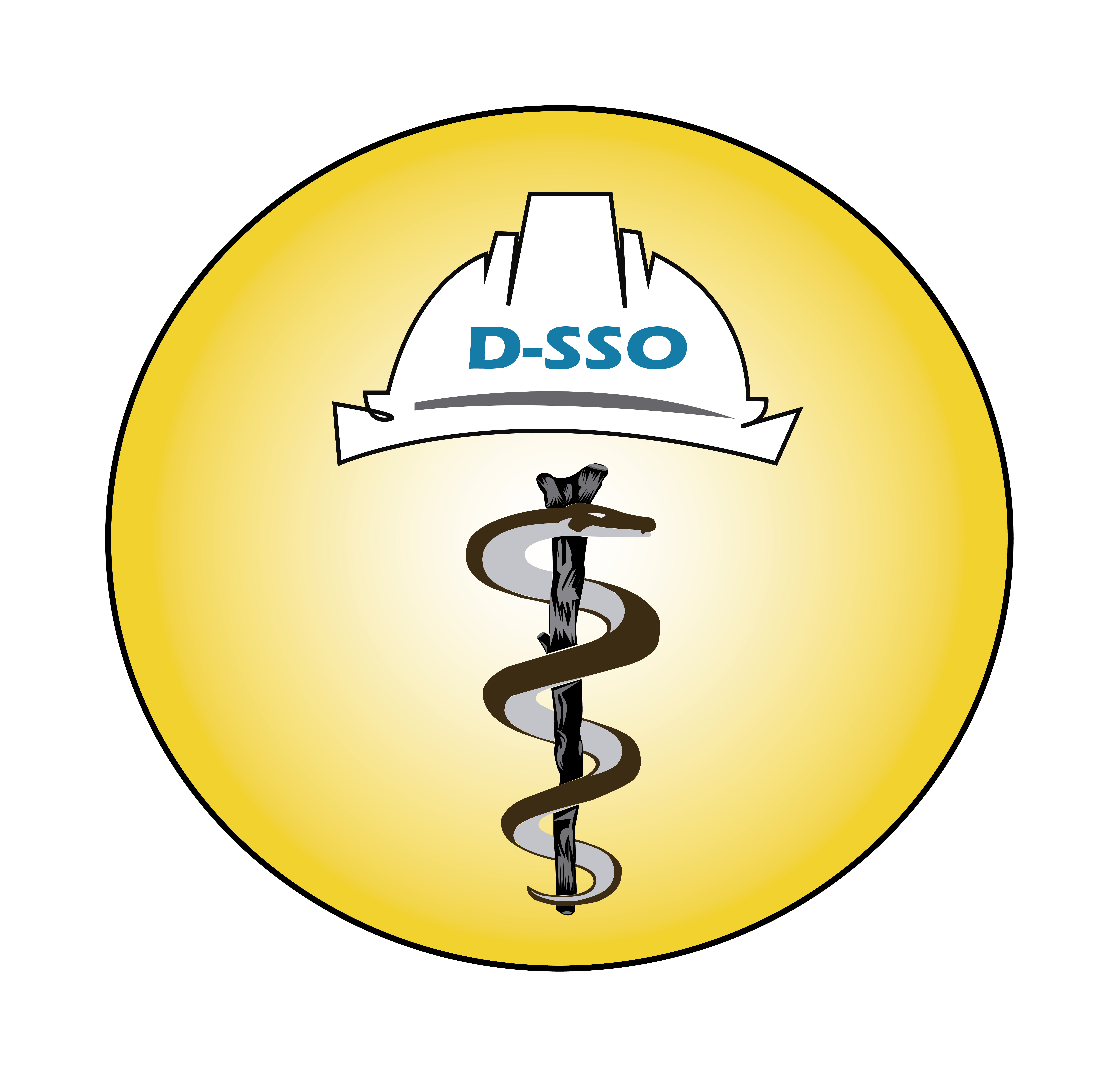How To Stop Drinking Alcohol

The alcohol will then enter your blood, and the drug metabolizes. The blood distributes the metabolized drug to all your body parts. It’s important to note that there is no guaranteed way to flush alcohol from your urine completely. The best way to how to get alcohol out of your pee avoid detection is to abstain from alcohol altogether or to wait until it has completely left your system before taking a drug test. Caffeine and sugary drinks can dehydrate the body, which can slow down the elimination of alcohol from your system.
Next stop: the liver
When you drink alcohol, it is quickly absorbed in the stomach and small intestines. From there, it enters your bloodstream to travel to the liver. How long you feel the effects of alcohol depends on the amount of alcohol in your bloodstream, which varies from person to person (even from just a beer).
- Check with a healthcare provider before changing any birth control or medication you’re taking.
- They can help you understand the possible risks and decide if it’s a safe choice for you.
Test for Abstinence Versus Intoxication
Alcohol stays in the urine for 12 to 72 hours, depending on how recently and how much you drank. Think of it like the footprint left behind after alcohol has traipsed through your system. Some people believe when a person breaks the seal, it makes them pee more frequently.
Do all caffeine sources impact your body the same way?

ADH is an enzyme that breaks down alcohol in the liver and the stomach. Men typically need to consume twice as much alcohol to reach the same level of intoxication as women. Alcohol levels in the body are measured by blood alcohol content (BAC).
One way to prevent this is by improving your body’s fluid distribution throughout the day so you don’t have to pee as much at night. This tactic is sometimes recommended in postmenopausal people with recurrent UTIs. Ask a healthcare provider whether vaginal estrogen in a cream, tablet, or ring may suit you. Vaginal estrogen can help increase good bacteria to prevent infection. However, experts still typically recommend antibiotic treatment because of the possible risks of not treating a UTI. This may include the infection spreading to other body parts, like the kidneys or the bloodstream, which is rare but can be life-threatening.
How is alcohol metabolized in your body?
- After a night of heavy drinking your BAC may still be over the legal driving limit the next morning.
- Amy Myers, MD is a two-time New York Times bestselling author and an internationally acclaimed functional medicine physician.Dr.
- The only way to deal with alcohol poisoning is by getting emergency medical attention.
- Here is all the necessary information about how the human body metabolises alcohol, how long it takes to eliminate alcohol from your system, and how to speed up this process.
- They can produce a positive test from mere exposure to alcohol in many daily use products.
There are a number of factors that need to be taken into consideration, including the frequency of use, alcohol intake, and others. There is a possibility that the body metabolizes alcohol in a period of 2 to 4 hours after intake, which is good news, especially for those who consume moderate alcohol. However, for those who consume a lot, alcohol may also stay for a longer period of time. Remember that 20% of the alcohol content in one drink is absorbed into the bloodstream from your stomach.

On this page, we address a common myth linked with alcohol misuse and binge drinking – that drinking water can ‘flush’ alcohol from your system. Once you consume alcohol, your body starts to break it down to eliminate it from your system, mainly through the liver. Everyone metabolises alcohol differently and at different speeds. Firstly, it can help to dilute the alcohol in the bloodstream, which can reduce the severity of the symptoms. Secondly, it can help to rehydrate the body, which is important because alcohol is a diuretic that can cause dehydration. Thirdly, drinking water can help to flush out toxins from the body and support liver function, which is important for metabolizing alcohol.

Signs you’ve had too much caffeine
- If you drink more than one per hour, it rises much more rapidly.
- However, there isn’t consistent scientific evidence that anything works aside from drinking water.
- If you want to flush out alcohol from your body on your own, be prepared to do a lot of work.
- Long-term alcohol abuse not only leads to dehydration and frequent urination but can also result in physical dependence and addiction.
- Individuals with more body fat generally have a higher BAC because low-water fatty tissue cannot absorb alcohol as well as high-water muscle tissue can.
